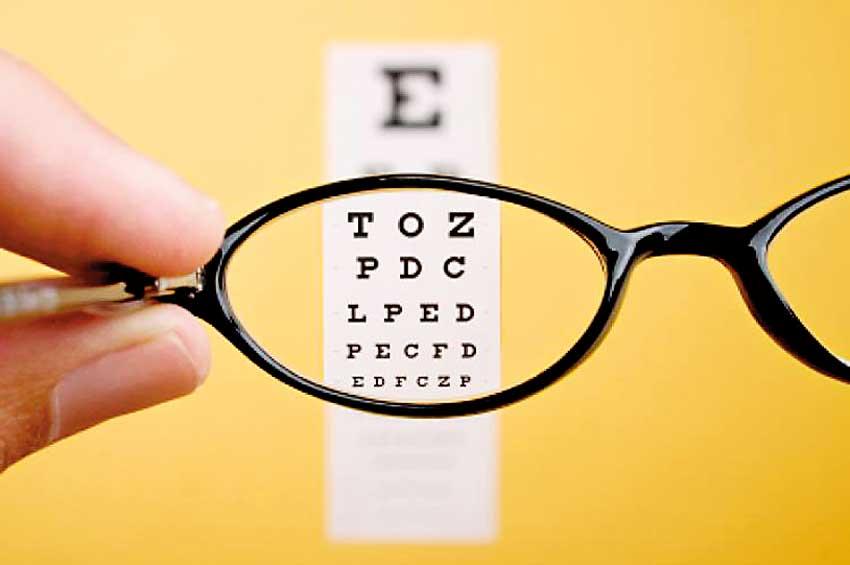Reply To:
Name - Reply Comment

 World Sight Day, is an annual day of awareness, held on the second Thursday of October, to focus global attention on vision impairment, including blindness. This year, World Sight Day will take place on October 14, 2021 under the theme: Love Your Eyes.
World Sight Day, is an annual day of awareness, held on the second Thursday of October, to focus global attention on vision impairment, including blindness. This year, World Sight Day will take place on October 14, 2021 under the theme: Love Your Eyes.
Globally, at least 1 billion people have near or distance vision impairment that could be prevented or has yet to be addressed. Vision impairment affects people of all ages, with the majority being over the age of 50. Vision impairment and blindness can have major and long-lasting effects on all aspects of life, including daily personal activities, interacting with the community, school and work opportunities and the ability to access public services.
Unoperated cataract and uncorrected refractive error are the leading causes of vision impairment. Other causes such as age-related macular degeneration, glaucoma, diabetic retinopathy, infectious diseases of the eye, and trauma, however, cannot be ignored and need to be addressed.
Recently at the 74th World Health Assembly, Member States adopted two new global targets for eye care by 2030 ̶ a 40 per cent increase in effective coverage of refractive errors and a 30 per cent increase in effective coverage of cataract surgery. These targets will play a key role in not only increasing global eye care coverage in the future but also in delivering quality services.
The latest blindness survey conducted in 2016 revealed the prevalence of blindness in Sri Lanka as 1.7% among the age 40+ population. The prevalence of severe visual impairment among those aged 40+ years was 1.6%, while 15.4% had moderate visual impairment.
The prevalence of blindness rate varied between provinces from as high as 2.9% in Uva province (South East) to 0.29% in the South. Cataract was the commonest cause of blindness (66.7%) followed by uncorrected refractive errors (12.5%). 6.3% continued to be blind following cataract surgery, mostly due to treatable causes like PCO and Pseudoaphakia with uncorrected refractive error. Uncorrected refractive errors were the commonest cause of mild, moderate and severe visual impairment followed by lens opacities.
However, the COVID-19 pandemic caused a greater challenge to eye health, particularly with reports of ‘black fungus’, also known as Mucormycosis, a secondary bacterial infection that resulted from the virus. But ophthalmologists are of the view that this condition occurs in immunocompromised people and that it is not new to Sri Lanka. Nasal sinuses and lungs are the commonest initial sites of infection. People with neutropenia, diabetes mellitus (type I and II), metabolic acidosis, steroid users, malnutrition are among those at high risk of developing mucormycosis. If a COVID patient with an already weak immune system is treated for a cytokine storm he or she is more susceptible to develop mucormycosis than a normal person with a weak immune system. The infection is treated with surgical excision and antifungal drugs.
In his comments, Consultant Medical Administrator and Director, National Eye Hospital Dr. Dhammika Alahapperuma said that around 2000-3000 patients arrive at the hospital daily. “As restrictions have been lifted, more patients are coming now. Many of them are above 40 years of age and they come for cataract surgeries. Due to the pandemic situation we cannot have programmes in view of World Sight Day as expected but we hope to conduct some awareness programmes. The Vision 2020 programme was also temporarily halted due to the pandemic but we have recommenced issuing lenses and spectacles for people free-of-charge. The beneficiaries include school children as well. We also conduct training programmes and apart from that our emergency service is functioning 24/7. It includes a theatre and all other facilities and staff to attend to in case of an eye emergency.”